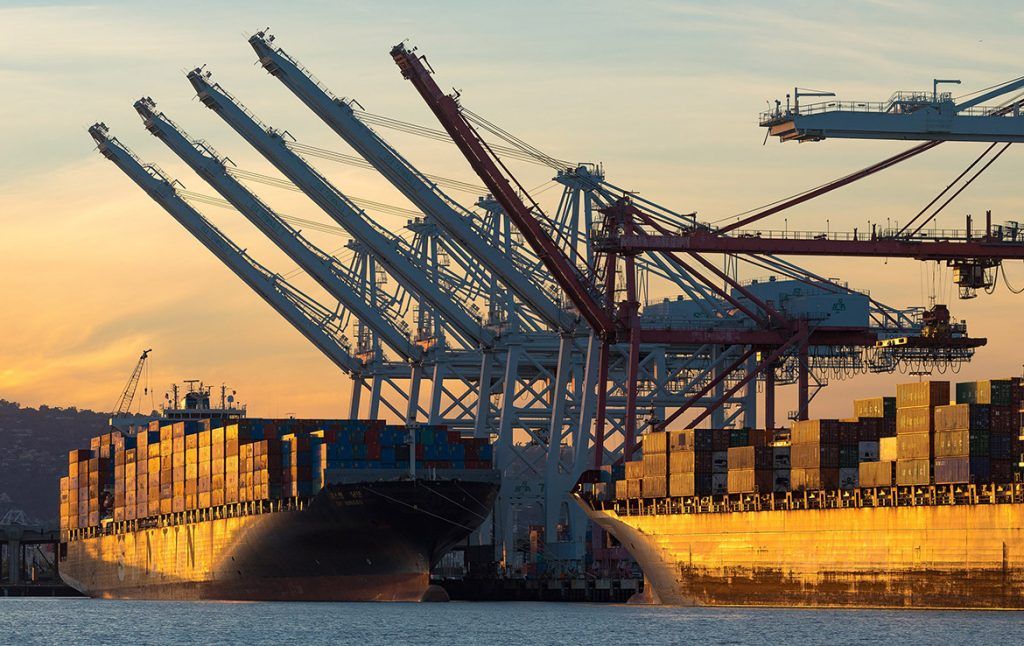The U.S. Administration, through the Office of the USTR, plays a key role in trade policy formulation, with input and coordination from other executive branch agencies and public sector stakeholders, says a WTO report.
Meanwhile, Congress retains legislative and oversight powers, and can advise the Administration on trade issues through its Congressional Oversight Panel.
USTR is primarily responsible for developing U.S. trade policy and coordinating its implementation.
The USTR Office, as part of its roles and responsibilities, establishes major annual trade policy objectives in the Trade Policy Agenda, along with an Annual Report on the President’s Trade Agreements Program, which it submits to Congress.
He oversees and chairs the Trade Policy Committee (TPC), which advises the Office of USTR in setting and coordinating the official U.S. position on international trade and trade-related investment matters at the Cabinet level.
Its subsidiary bodies, the Trade Policy Review Group (TPRG) and the Technical Committee on Trade Policy (TPSC) are responsible for coordination at the Assistant Secretary/Deputy Secretary and senior official levels, respectively.
Also, U.S. trade policy formulation relies on contributions from the private sector and civil society through various advisory bodies, and TPSC outreach through public hearings and invitations for comments through the Federal Register.
Trade Policy
The USTR Office, through its Office of Intergovernmental Affairs and Public Participation, is primarily responsible for overseeing and coordinating 26 advisory bodies.
These operate under the Foreign Trade Act of 1974 and are organized by sector or policy topic, including, for example, agriculture, industry, environment, labor, and Africa.
In 2020, the USTR Office held 11 public hearings and published 115 notices in the Federal Register inviting public comment or other input.
With respect to investment policy, the Investment Advisory Council provides advice to the Secretary of Commerce on the development and implementation of strategies and programs to attract foreign direct investment.
The President may negotiate international agreements, including Free Trade Agreements (FTAs), but the Constitution gives Congress the exclusive authority to establish tariffs and regulate foreign trade.
In this regard, when Congress has sought to enter into trade negotiations, it has traditionally granted negotiating authority to the executive branch through a piece of trade legislation known as Trade Promotion Authority (TPA) or «fast track,» as it allows the issue to be put to a simple (yes or no) vote in Congress without prior deliberation or modification of the substance.

